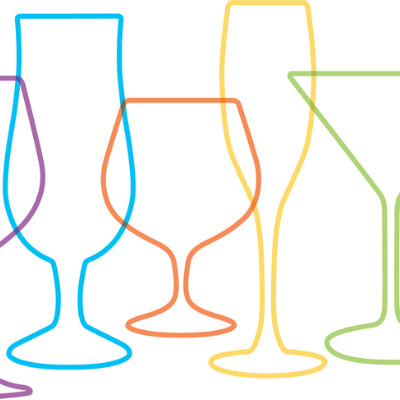New HRB study examines alcohol-related harms in Ireland
Binge drinking among low to moderate risk drinkers accounts for most alcohol-related harm in the population
3 min read - 23 Oct 2019

A new study from the Health Research Board (HRB) looks at how alcohol-related harms* are distributed across four types of drinker in Ireland – low risk drinkers, occasional binge drinkers, monthly binge drinkers and dependent drinkers.
According to Jean Long, Head of the Evidence Centre at the Health Research Board,
‘We found that the majority of alcohol-related harms in the population are accounted for by low to moderate risk drinkers, particularly those who engage in occasions of binge drinking.’
‘This affirms a theory called the prevention paradox, which states the majority of alcohol-related harms in the population are caused by low risk and moderate risk drinkers, and not by high risk drinkers. This is because the number of high drinkers in the population is so few. We wanted to establish if this prevention paradox applied in an Irish context given Ireland has one of the highest per capita rates of alcohol consumption and binge drinking in the European Union.’
The findings show:
- Dependent drinkers** are at greater individual risk of experiencing alcohol-related harms compared to low and moderate risk drinkers.
- Overall dependent drinkers made up just 7% of the drinking population and accounted for 27% of alcohol-related harms in the population.
- The majority of alcohol-related harms experienced in the population were accounted for by drinkers who were not dependent on alcohol.
- Together, monthly and occasional binge drinkers accounted for 62% of all drinkers, this group consumed 70% of the alcohol, and accounted for 59% of the harms in the population.
- Low-risk drinkers, who did not engage in binge drinking in the last year and were not dependent on alcohol, accounted for 31% of all drinkers, 9% of alcohol consumed in the last week and 14% of the harms.
‘Given the fact most drinkers in Ireland engage in binge drinking, policies targeted at the whole population are most appropriate to help reduce alcohol related harms. This is why the introduction of the population-based measures in the Public Health (Alcohol) Act (2018) is needed to reduce alcohol-related harm here’.
The study is based on data from the National Alcohol Diary Survey, which examined the drinking habits of 4,338 drinkers aged 18-75 across Ireland. The people who took part in the survey were representative of the Irish population in terms of their age, socio-economic status, region and gender.
The paper, Drinking patterns and the distribution of alcohol-related harms in Ireland: evidence for the prevention paradox, is published today in BMC Public Health.
* Some examples of the harms looked at were: harms to friendships, harms to home life, being in an accident, being stopped by the police, harms to work, harms to health.
** Dependent drinkers are defined as those who met specific diagnostic criteria for alcohol dependence.
For more information contact
Gillian Markey, Communications Manager, Health Research Board
e gmarkey@hrb.ie m +353 87 2288514
3 min read - 23 Oct 2019



